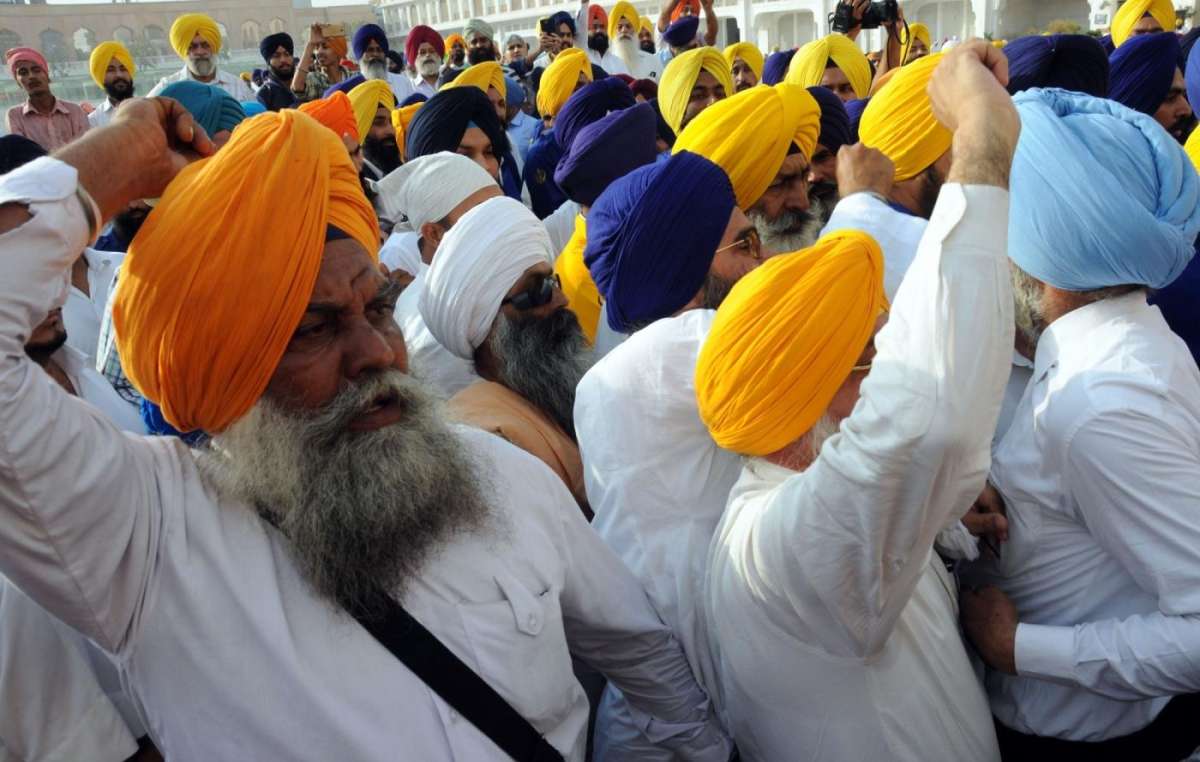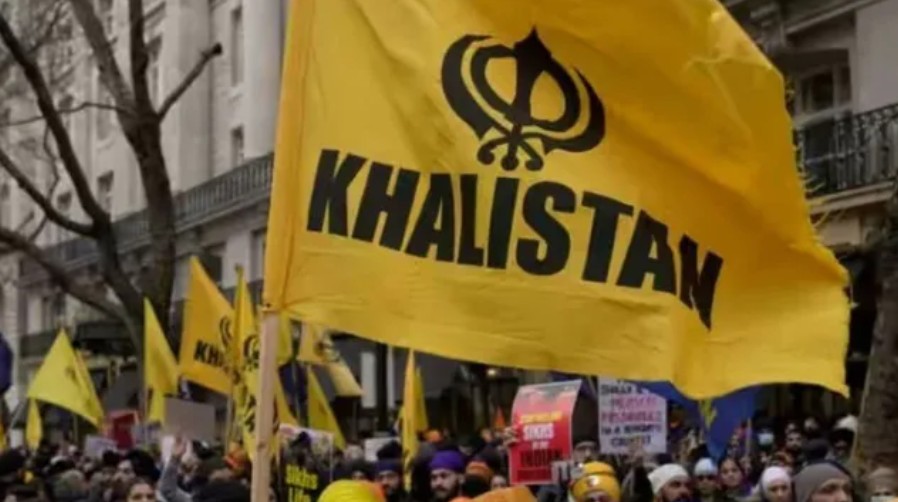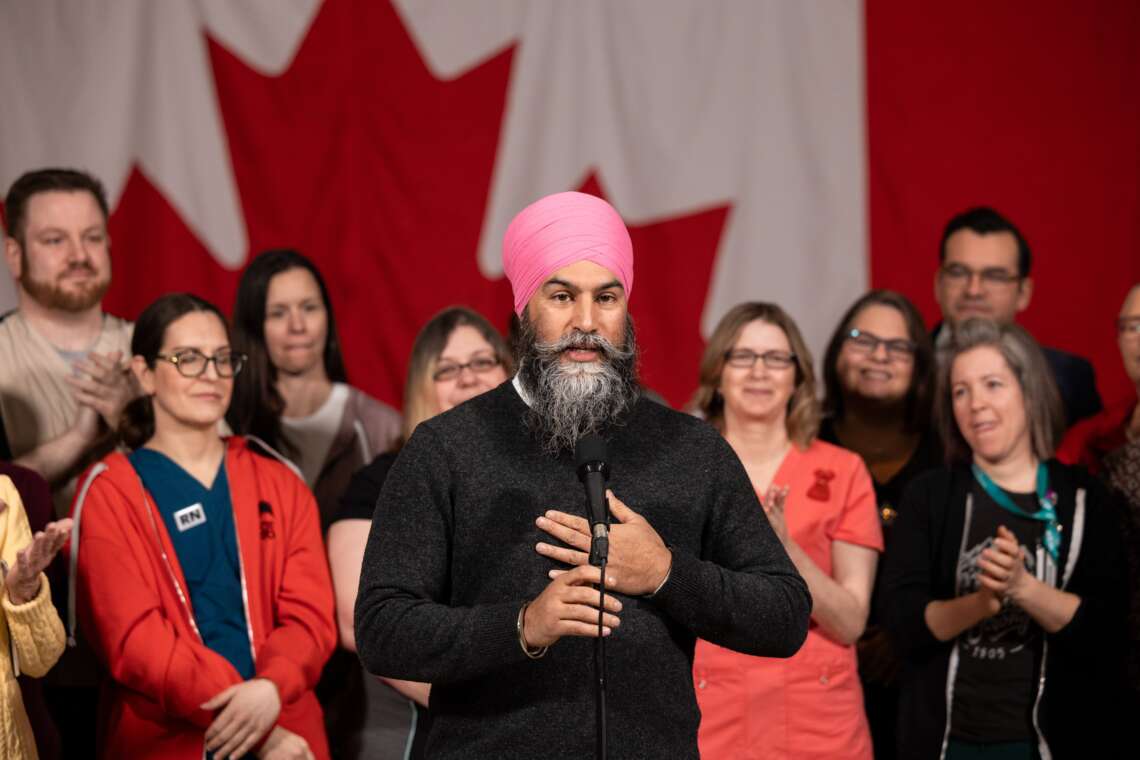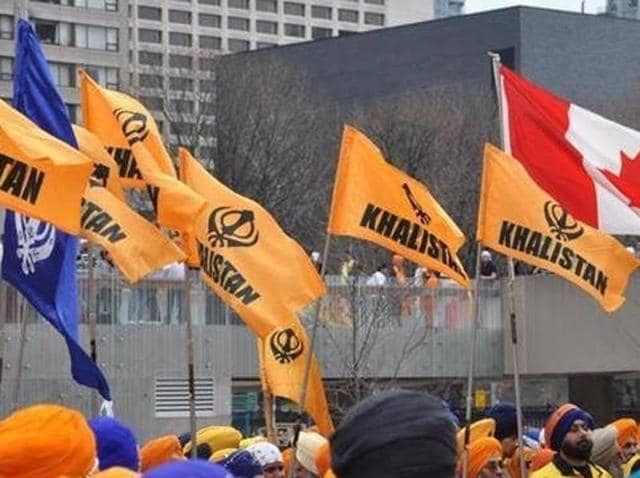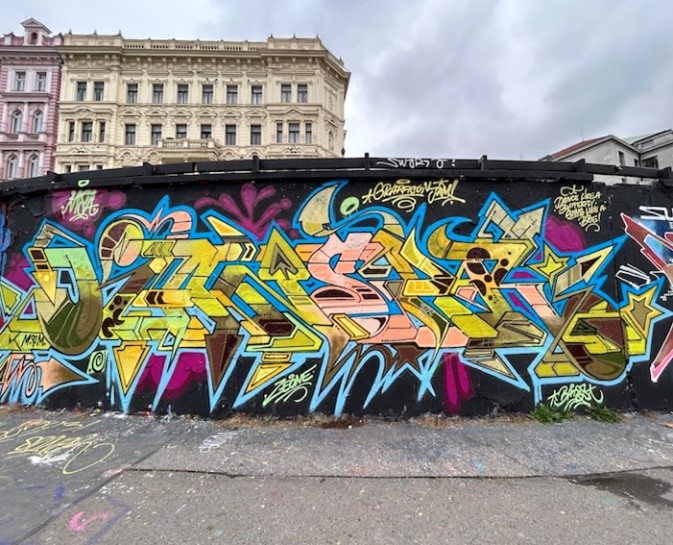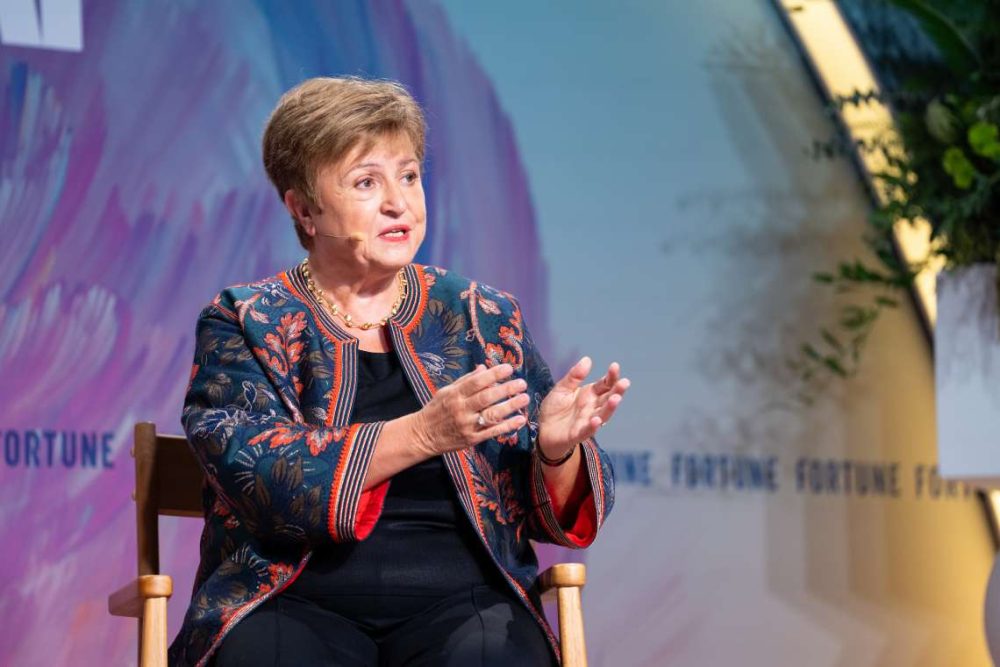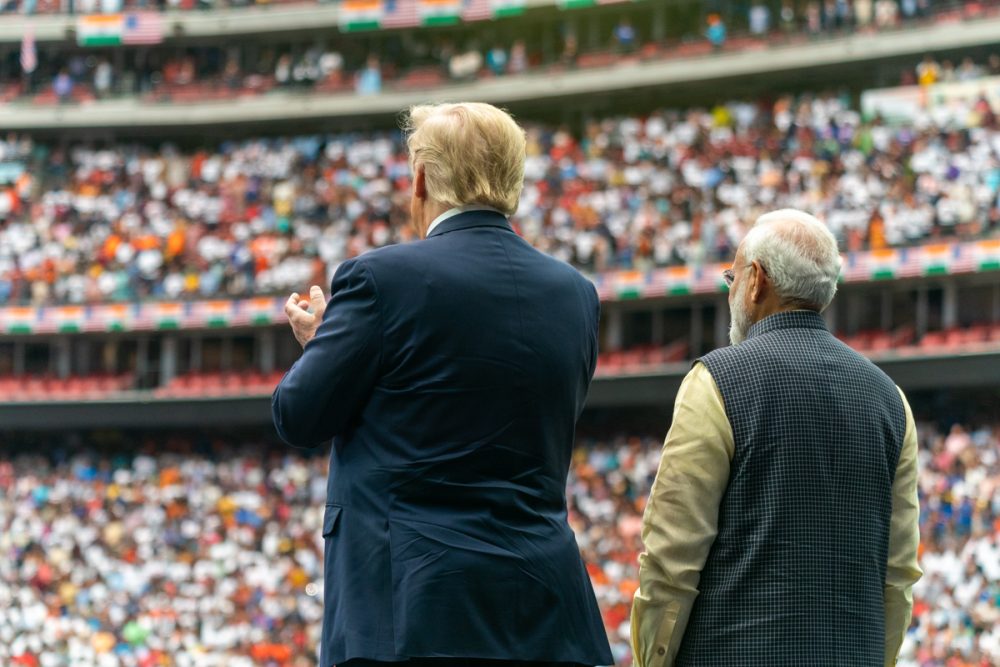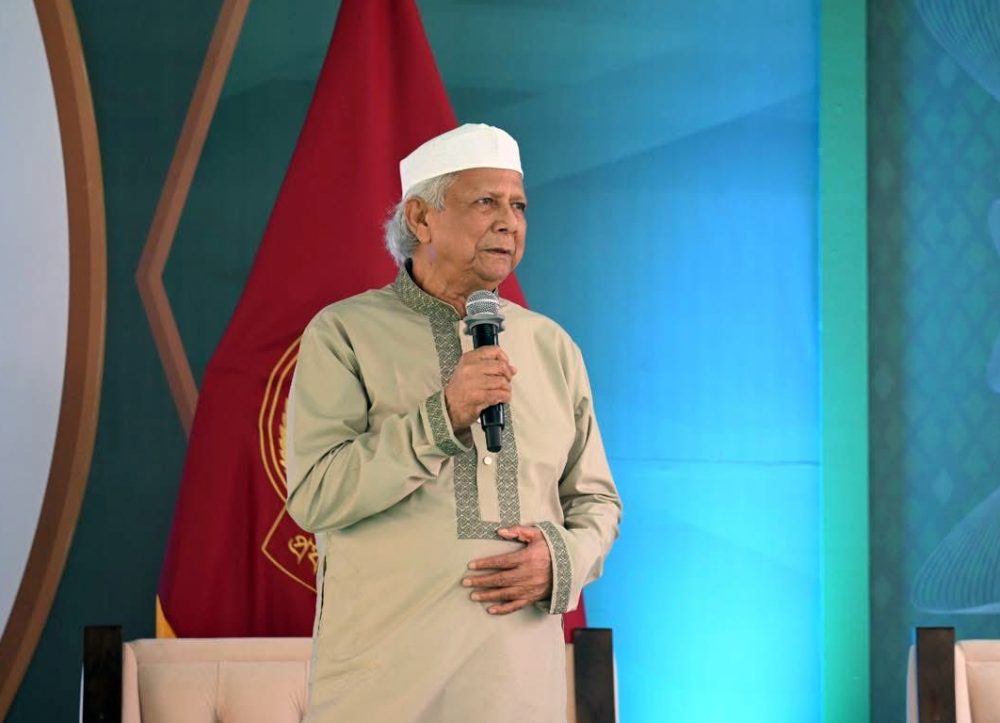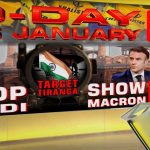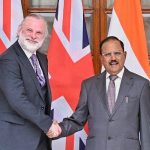With Canada trying to muster the support of the Five Eyes, the Alliance of five White, English-speaking nations, India too found support from South Asian neighbours Bangladesh and Sri Lanka….writes Rahul Kumar
Canadian Prime Minister Justin Trudeau’s accusations against India over the murder of Khalistani accused Hardeep Singh Nijjar are now regular page-one screechy headlines globally, particularly in the Western English media. However, as days have passed, Trudeau finds himself isolated with the Canadian opposition and the media pinning him down over what seem to be half-baked allegations against India.
With Canada trying to muster the support of the Five Eyes, the Alliance of five White, English-speaking nations, India too found support from South Asian neighbours Bangladesh and Sri Lanka.
With diplomatic sparring on in full swing at international levels, India Narrative catches up with international relations and security expert Chris Blackburn in London over the pro-Khalistan coalition consisting of Western countries, Pakistan and even China.
Excerpts from the interview:
IN: You have been researching the Khalistan movement in the UK and beyond. Why do you think despite proven acts of terrorism like procuring weapons from Pakistan, hijacking planes, bombing the Indian Airlines plane killing 329 passengers and the assassination of Prime Minister Indira Gandhi, Western countries continue to support the Khalistan movement?
CB: I think Western nations haven’t taken the threat seriously for a while. I think the Canadian government’s inquiry in 2010 which looked at the Khalistan movement and its role in the bombing of Air India 182, which was the biggest terrorist attack in Canadian history showed a willingness to act, but as we know the Canadian government changed. Policies to deal with Khalistan radicalism were jettisoned.
Canadian Prime Minister Justin Trudeau has been been dogged with credible allegations of being in league with Khalistanis in Canada. After Trudeau’s curious allegation of a foreign government being involved in the killing of Hardeep Singh Nijjar, the leader of the Khalistan Tiger Force (KTF), Trudeau’s former foreign affairs advisor, Omer Aziz said Canada deliberately dragged its feet on combatting terror financing linked to Khalistanis because they didn’t want to upset the Sikh vote bank in Canada. That’s an astonishing claim. It puts Canada’s security and political system in a delicate position.
I think the contemporary support is passive, i.e there is no active support for these radicals. It’s not like the 1980s when you had CIA figures and a former Defense Intelligence Agency (DIA) director, General Daniel O. Graham promoting Khalistanis in the USA in tandem with Pakistani government officials. Chauhan, a radical Khalistani, and others were used for Cold War games.
The weaponisation of religion was to confront the atheist USSR and a socialist India that leaned towards them. Those days are hopefully long gone.
The nations that represent the Five Eyes (FVEY) alliance are mainly signed up to help India and develop our strategic partnerships. Canada is the problem. It’s deeply compromised. Canadian intelligence has an axe to grind for being humiliated by the 2010 inquiry and Trudeau’s allowed to normalise Khalistan radicalism in parliament.
IN: We already know that Western countries and the West support the Khalistani extremists. Is China also helping some of the main protagonists?
CB: We know that Sikhs for Justice and Dal Khalsa have been reaching out to the Chinese. Pannun has publicly reached out to China on numerous occasions. Is it just a publicity stunt? We don’t know if the Chinese have picked up his offers.
Dal Khalsa UK’s Gurcharan Singh and associate of Pannun claimed to have an office in Beijing. We also saw Qihoo 360, a major Chinese company based in Beijing that works with the Chinese Ministry of Foreign Affairs, provided cyber security for Khalistan referendums across the globe. Qihoo 360 pushed propaganda that Indian government hackers tried to shut the referendums down. Qihoo 360 is sanctioned by the US Department of Defense for its ties to the Chinese government and its intelligence apparatus. So, there is credible evidence and a growing fact pattern linking Khalistanis to China.
We already know separatists in other parts of India are being sheltered and trained by China. Chinese interest in the Khalistan problem is growing too. It’s the next logical step.
IN: Do you think that Canadian PM Justin Trudeau has extended his reach by levelling allegations of murder against India in the killing of Nijjar? Does it show poor diplomacy by Trudeau?
CB: Yes, he made grave allegations without hard evidence. It has shaken the global community and the Canadian political establishment. We have heard from others that have been briefed on the alleged credible intelligence that it’s mainly open source. David Eny, the Premier of British Columbia said he was brief by the CSIS director and it consisted of mainly internet searches. Trudeau needs to deliver.
Trudeau also claim under scrutiny by the Canadian media and opposition politicians for trying to drag a third party into the diplomatic spat with India. Canada has leaked to CBC reporters that the ‘credible allegations’ were based on Signals intelligence (SIGINT), which could be phone taps or electronic intercepts but without details. We are no further forward.
Jagmeet Singh, the leader of Trudeau’s coalition partner and is widely suspected of being a Khalistan sympathiser said in a press conference that he was briefed twice on the ‘credible intelligence’, but said there was nothing clear about it. No evidence. He says the next step is a prosecution. So, it’s very strange why he would make that leap.
IN: Could this be a personal or an ego issue with the Canadian Prime Minister after an embarrassing trip to New Delhi for G20?
CB: I have never really followed Justin Trudeau’s career in great depth. However, his popularity in the polls in Canada is dropping rapidly due to the India-Canada spat and other stunts. He’s losing the trust of Canadians.
IN: India has emphatically denied Canadian allegations that it had a role in Nijjar’s killing. Nevertheless, how would you compare this with the targeted killing of Iranian military official Soleimani by the US in Iraq and similar other assassinations by the US government?
CB: If Indian can convince the world that Hardeep Singh Nijjar was a clear and present threat to India and its interests, I don’t think the world will care.
If he was just a simple activist that wound up India with non-binding referendums and was killed for that, it will put India in a difficult place. But, I’m confident that India’s National Investigative Agency (NIA) has enough credible evidence to change global opinion.
It’s currently a war of narratives. The Canadian’s are trying to portray him as a Sikh activist and that NIA doesn’t provide enough evidence. I think pictures of Nijjar firing what looks like AK47s in Canada and posing with an AK47 in Pakistan certainly punctures the Canadian narrative.
IN: The entire diplomatic tussle over the killing of a militant happened in a week when at least four security personnel, including three senior Indian military and police officials were killed in Kashmir. However, we do not see a similar uproar or sympathy for India by the West. Do you see apathy towards Indian lives or hypocrisy or is it both by the West.
CB: India unfortunately suffers from Western politicians refusing to read past headlines. This means developments and events in India aren’t put in a proper context. India has to get out in the world and tell a different story. Make people get interested in India, so they can see biases clearly when they occur.
I think a new generation of journalists and business writers from across the globe will start to see India in a different light moving forward. The stale media in the West is changing too. Hopefully India will benefit from new media and fresher perspectives.


